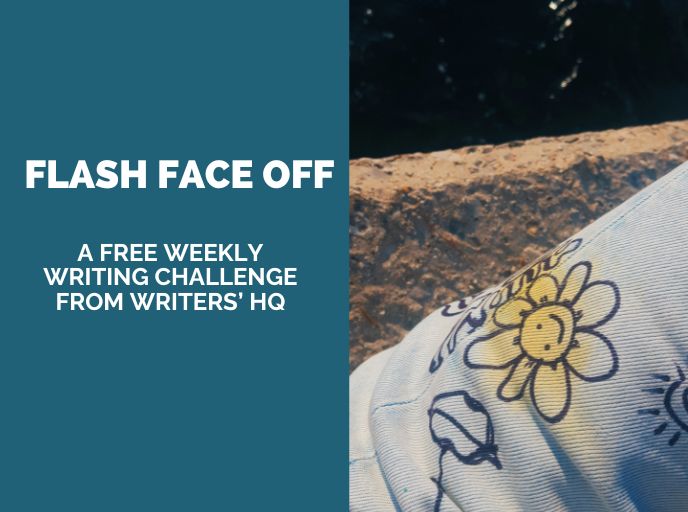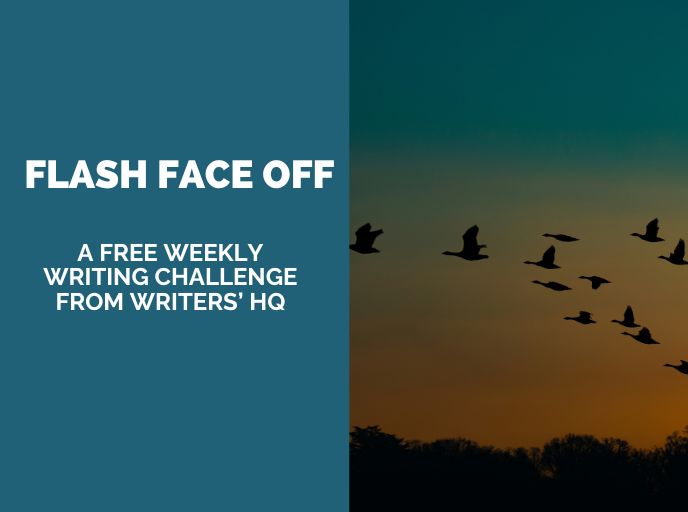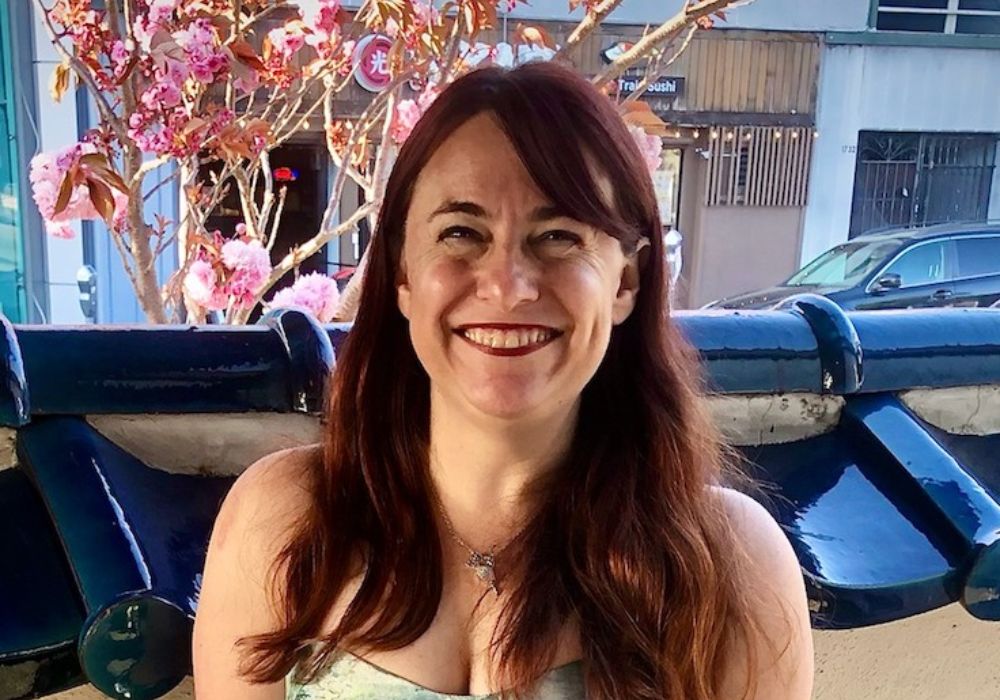
What do you do when imposter syndrome strikes? Or you’re all set to submit to a short story competition but you get *the fear*? Or when you can’t relax into writing because you’re constantly second-guessing yourself?
Confidence plays a huge part in our ability to write and share our work with others, and building up your confidence will benefit your creativity in all sorts of ways. It’s never as straightforward as simply faking it ’til you make it (if only), there’s real-world stuff as well as psychological barriers that get in the way of feeling confident in your writing.
I’m no stranger to the ups and downs of the rejection-riddled, solitary, genuinely wonderful artform we call writing, so I’ve put together the best tried-and-tested methods for building confidence that I’ve picked up along the way as a self-help author.
1. Don’t try to ignore your inner critic
Wait what? We’re often told to ignore negative thoughts or simply replace them with positive ones, but brains and emotions and inner critics are a lot more complicated than that.
Psychologically speaking, your inner critic is your brain trying to keep you safe from vulnerability and risk. Writing, like any artform, is emotionally risky because we pour our whole selves into our stories and there’s no getting away from the fact that when we receive feedback, it feels personal.
So squishing down and rejecting this critical voice won’t make it go away. Often it’ll get louder. Instead, listen to it like you might read any other type of feedback, understand that it’s not really about the quality of your work (your inner editor sounds and feels way different to your inner critic) and respectfully decline its suggestions.
2. Don’t self-reject
Imposter syndrome can have you rejecting yourself before anyone gets a chance to love your writing. Once that feeling that you don’t belong or aren’t good enough gets its grimy claws into you, it’s exceptionally skilled at talking you out of sharing your stories, or even beginning them.
Unfortunately for our feelings, rejection is part of being a writer because it’s part of being a brave human. There are a million different reasons your story might get rejected, many of them nothing to do with its quality and none of them to do with your worth as a person.
Remember that even though rejection feels awful, the only sure-fire way of getting rejected is if you do it to yourself.
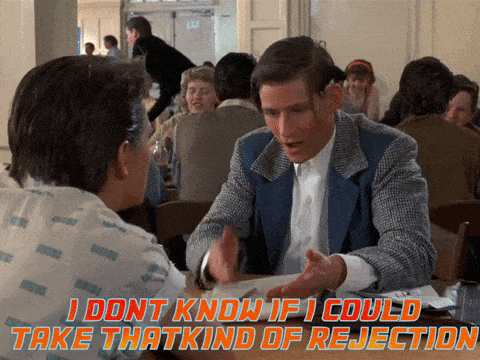
3. Decorate your writing space
Our brains absorb messages from the environment constantly, and the most up-to-date research says we need to hear five positive messages to override the emotional effects of one negative one.
Writing’s a solitary business, so it’s often our own minds that are our main source of positive or negative comments. Write praise you’ve received and/or words of encouragement to yourself on post-its and place them liberally around your writing space.

4. Be kind to yourself
I know, I know, it’s a cliche. But it’s true – cutting yourself some flipping slack and letting yourself be exactly where you are with your writing is powerful stuff. There are very real and pressing things that are out of our control keeping us from realising our creative dreams – the world as it is today is extremely unconducive to creativity, and adding pressure on yourself to follow a particular timeline will make it that little bit harder.
What’s more, we generally only get to see the polished, edited versions of everybody else’s stories, so it’s easy to feel like a massive imposter. Remind yourself that you deserve to write just as much as anyone else on this planet, and that getting to the finish line messily is the only way to actually get there.
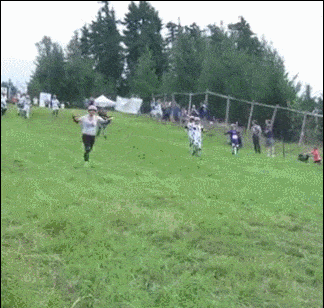
5. Practise being vulnerable
Some days just sitting down to write feels overwhelming and vulnerable. Other days it’ll be sharing a story on the forums, or sending it out to a lit mag, or pitching an agent, or embarking on another round of novel edits when you thought you’d be done by now. We get blocked or overcome by imposter syndrome because writing or creativity has led to some form of emotional pain in the past and our brains are doing their utmost to stop that happening again (see point 1).
The more you can give yourself the experience of being creatively vulnerable and it turning out OK, the easier it will get.
6. Don’t wait for perfection
If we waited for the perfect, fully-formed, utterly original, guaranteed best-seller but also well-received-in-the-highbrow-magazine-of-your-dreams story, none of us would get round to writing a single word. Beginning a writing project is a leap of faith, a wild flail into the unknown, and confidence is just the same.
You have to show up at your laptop or notebook as someone who believes in themselves, even if that self-belief is still quite small and fragile. Keep going and your confidence will grow in the moments you’re not thinking about it.
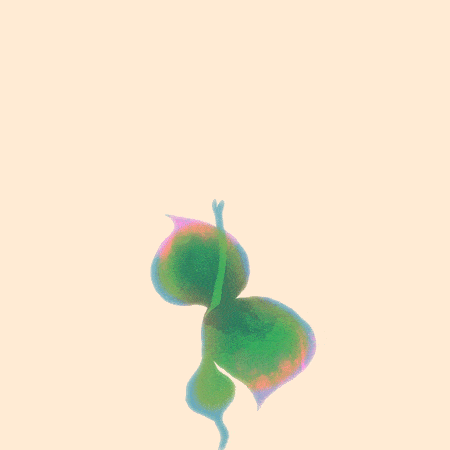
7. Find a role model
The best role models are ones that you see yourself in. It could be something practical like having a similar background (which is one of the reasons representation matters so much) or something more ineffable – an affinity you feel with that writer and their work.
When you sense that an artist is ‘like you’ in some way, it gives you a blueprint or a star to shoot for. Your role model might be a novelist you admire, a friend whose bravery inspires you, a painter, songwriter… it will be very personal and doesn’t have to make sense to anyone but you.
Having a role model (or several) like this will build your confidence because it enables you to believe that someone ‘like you’ is doing what they’re doing, so maybe *you* could do something like that too… and that’s magical.
8. Embrace imposter syndrome
Aside from the syndrome, what is an imposter? Someone who pretends to be someone else, shows up where they’re not allowed and causes some manner of havoc. Think Rosalind disgusing herself as a man to teach the guy she fancies how to be a good boyfriend in As You Like It, James Bond smirking his way into high places, Anna Delvey fronting out financial institutions with just a withering look and chunky eyewear… when you think of it this way, being an imposter becomes actually kind of badass.
What would it be like to play around with that feeling of being somewhere you’re not supposed to be, of getting too big for your boots, of having swindled or fluked your way into somewhere grand and exclusive?
When that impostery feeling comes up, treat it not as a sign to shrink and self-reject, but as an opportunity to play with expectations and enjoy your outrageous luck.
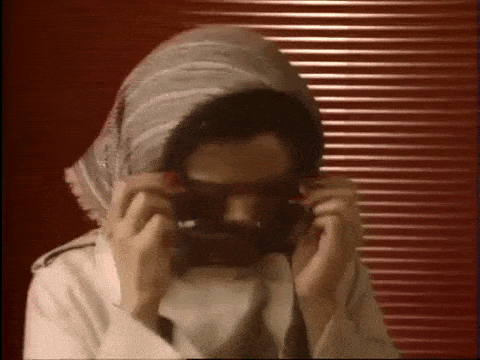
And if you need a little extra help, head on over to Writing Without Fear for a deep-dive into facing your creativity demons. We’ve got your back, baby.


